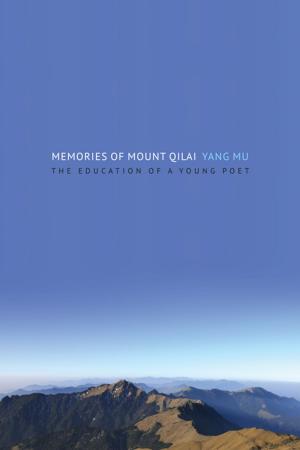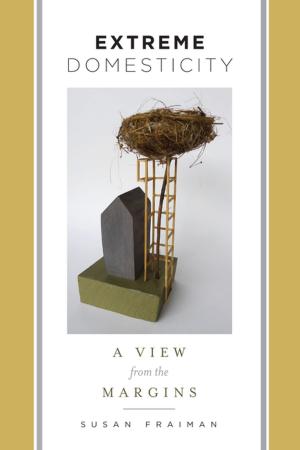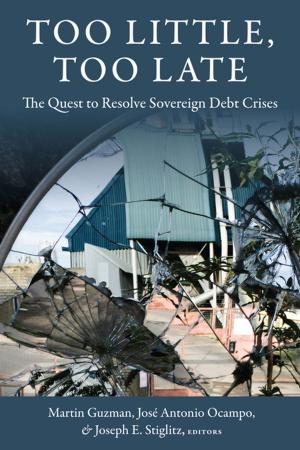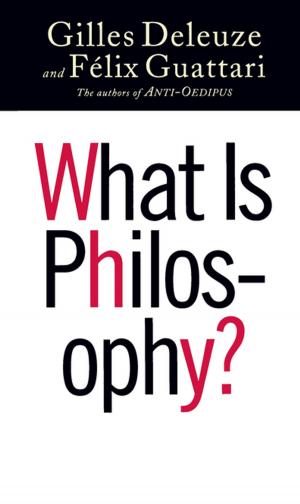Sources of Tibetan Tradition
Nonfiction, History, Asian, Asia, China, Religion & Spirituality, Eastern Religions, Buddhism| Author: | ISBN: | 9780231509787 | |
| Publisher: | Columbia University Press | Publication: | March 26, 2013 |
| Imprint: | Columbia University Press | Language: | English |
| Author: | |
| ISBN: | 9780231509787 |
| Publisher: | Columbia University Press |
| Publication: | March 26, 2013 |
| Imprint: | Columbia University Press |
| Language: | English |
The most comprehensive collection of Tibetan works in a Western language, this volume illuminates the complex historical, intellectual, and social development of Tibetan civilization from its earliest beginnings to the modern period. Including more than 180 representative writings, Sources of Tibetan Tradition spans Tibet's vast geography and long history, presenting for the first time a diversity of works by religious and political leaders; scholastic philosophers and contemplative hermits; monks and nuns; poets and artists; and aristocrats and commoners. The selected readings reflect the profound role of Buddhist sources in shaping Tibetan culture while illustrating other major areas of knowledge. Thematically varied, they address history and historiography; political and social theory; law; medicine; divination; rhetoric; aesthetic theory; narrative; travel and geography; folksong; and philosophical and religious learning, all in relation to the unique trajectories of Tibetan civil and scholarly discourse. The editors begin each chapter with a survey of broader social and cultural contexts and introduce each translated text with a concise explanation. Concluding with writings that extend into the early twentieth century, this volume offers an expansive encounter with Tibet's exceptional intellectual heritage.
The most comprehensive collection of Tibetan works in a Western language, this volume illuminates the complex historical, intellectual, and social development of Tibetan civilization from its earliest beginnings to the modern period. Including more than 180 representative writings, Sources of Tibetan Tradition spans Tibet's vast geography and long history, presenting for the first time a diversity of works by religious and political leaders; scholastic philosophers and contemplative hermits; monks and nuns; poets and artists; and aristocrats and commoners. The selected readings reflect the profound role of Buddhist sources in shaping Tibetan culture while illustrating other major areas of knowledge. Thematically varied, they address history and historiography; political and social theory; law; medicine; divination; rhetoric; aesthetic theory; narrative; travel and geography; folksong; and philosophical and religious learning, all in relation to the unique trajectories of Tibetan civil and scholarly discourse. The editors begin each chapter with a survey of broader social and cultural contexts and introduce each translated text with a concise explanation. Concluding with writings that extend into the early twentieth century, this volume offers an expansive encounter with Tibet's exceptional intellectual heritage.















